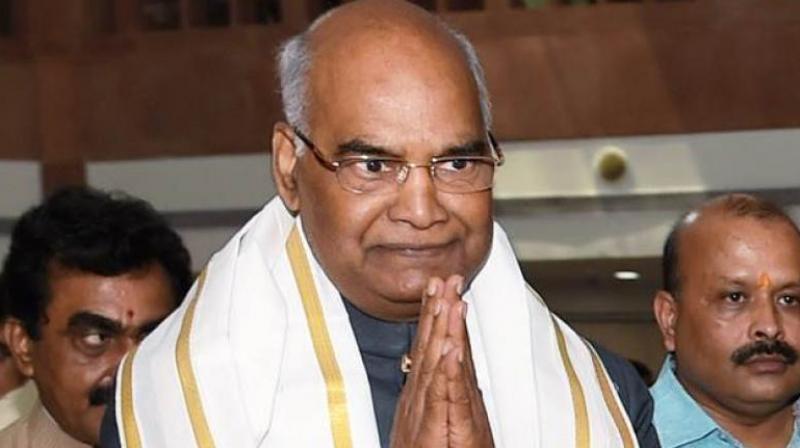Diversity' in judiciary: Quotas not only way?

In his Law Day remarks on Saturday, President Ram Nath Kovind came through as the mildest of reformists when he said that the representation of women, OBCs, SCs and STs was “unacceptably low”. But he indicated no direction at all that he felt could be profitably taken to set matters right. Interestingly, the President only referred to the data on women, saying there were only 4,700 women out of 17,000 judges in the country — from the subordinate courts all the way to the Supreme Court. However, women are not a category under the quota system within India’s governmental framework, while the other three disadvantaged groups he alluded to are. It is not clear if the President wants women to be brought on a par with SCs, STs, and OBCs and have reservations for each of these in judicial appointments.
The Rashtrapati gave a wide berth to any mention of reservations. Indeed, he did not even speak of affirmative action, a more general term. He merely said: “Like our other public institutions, our judiciary too has to be judicious in being representative of the diversity of the country, and the depth and breadth of our society.” In the absence of any specific formulation, the observation seemed to veer in the direction of well-intended rhetoric. Since the catch-all expression “diversity” was used, the question may arise whether Mr Kovind had in mind a carefully forged representation in the judiciary of members of all religious, ethnic, linguistic, and caste groupings according to a well-designed formula or mechanism. But the President also said: “Without in any manner compromising on quality, we need to take long-term measures to remedy this situation.” The issue of compromise on quality is frequently brought up by those who oppose reservations. In case Mr Kovind is opposed to the idea of reservations, it may be useful to know if he has another system in mind that might help the more disadvantaged groups to fill more judicial positions.
The President, who is himself a dalit, has evidently endured the hardships and discrimination the poorer sections of our people are compelled to face. As a lawyer, he has practised in the higher courts. He has held office in the BJP and has also been a legislator. The combination of such experience clearly makes him know where the shoe pinches. However, Mr Kovind appears not to have yet decided in what manner to project his thoughts on so sensitive a question as reservations for judges — if that indeed is the way to go. Perhaps our First Citizen may consider a fuller articulation of his thoughts after wider consultation with experts in the field as well as retired judges, civil servants and political stalwarts of different persuasions.

